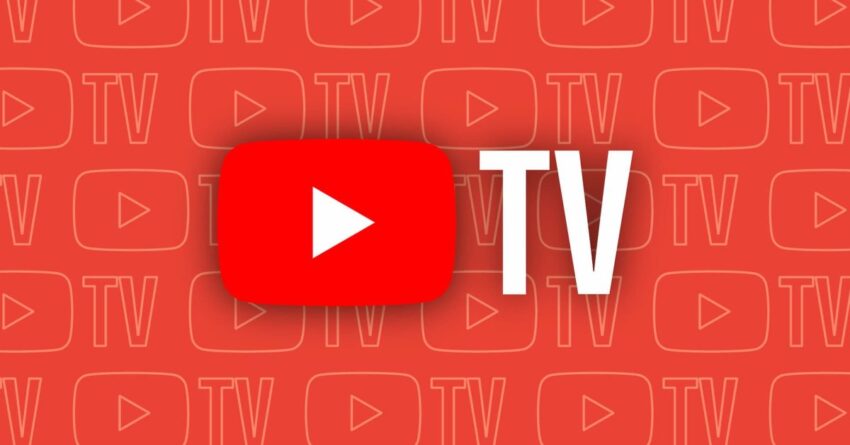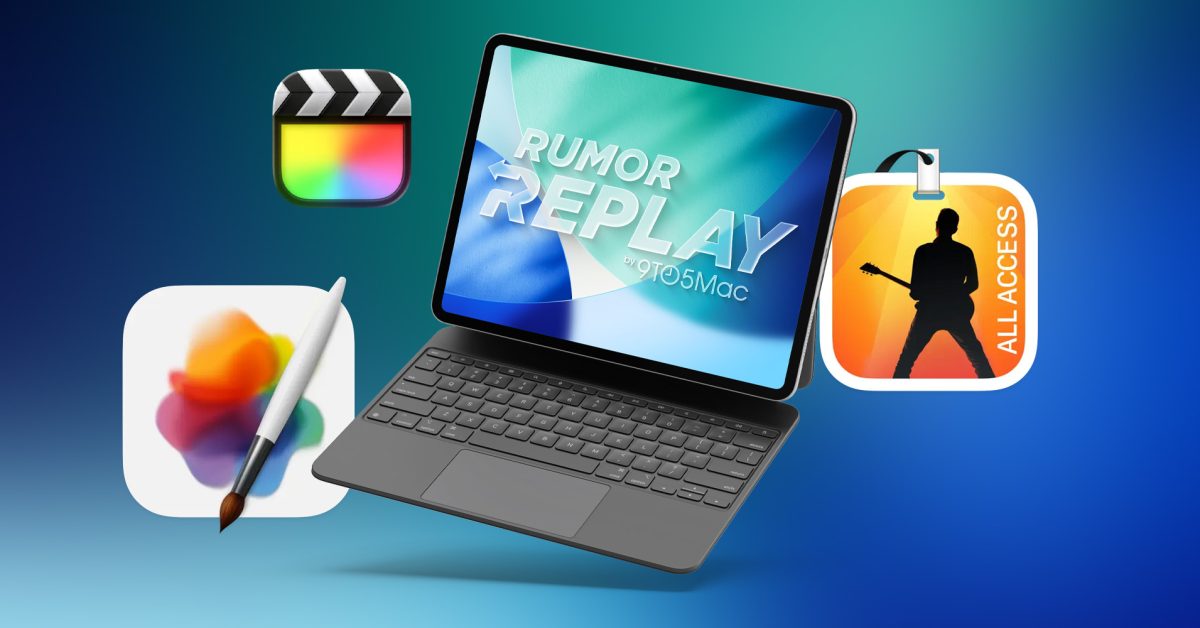
espn abc other disney channels vanish from YouTube TV subscribers are facing a significant disruption as access to ABC, ESPN, and various other Disney-owned channels has been abruptly cut off due to a failed contract renewal between Google and Disney.
espn abc other disney channels vanish from
Background of the Dispute
The conflict between Google and Disney over YouTube TV’s channel offerings has been brewing for some time. YouTube TV, a popular streaming service, provides live television access to its subscribers, including a variety of channels owned by Disney. These channels are not only essential for sports fans but also for viewers interested in news and entertainment. The channels affected include ABC, ESPN, Disney Channel, and several others, totaling over 20 channels that have now gone dark.
This situation arose after negotiations for a new contract between the two companies failed to yield an agreement. The previous contract allowed YouTube TV to carry Disney’s channels, but as the expiration date approached, both parties were unable to come to terms that satisfied their respective business interests. The breakdown in negotiations has left many subscribers frustrated and seeking alternatives.
Impact on Subscribers
The immediate impact of this dispute is profound for YouTube TV subscribers. Many users rely on the service for live sports, especially with major events like the NFL and NBA seasons in full swing. ESPN, known for its extensive sports coverage, is a critical channel for sports enthusiasts. The loss of ABC also affects viewers who depend on the network for local news, popular shows, and live events.
Loss of Recordings
In addition to losing live access to these channels, subscribers are also facing the loss of previously recorded content. YouTube TV’s cloud DVR feature allowed users to record shows and games from these channels, but with the channels now unavailable, all recordings associated with them have also vanished. This aspect of the dispute has heightened subscriber dissatisfaction, as many users had built up a library of content they can no longer access.
Subscriber Reactions
Reactions from subscribers have been swift and vocal. Many have taken to social media platforms to express their frustration, with some calling for a boycott of YouTube TV until the issue is resolved. Comments range from disappointment over losing favorite shows to anger at the perceived lack of communication from both Google and Disney regarding the negotiations. Some subscribers have even begun exploring alternative streaming services that offer similar channel lineups, indicating a potential shift in viewer loyalty.
Context of Streaming Wars
This dispute is part of a larger trend in the ongoing “streaming wars,” where various platforms vie for subscribers by offering exclusive content and channel lineups. As more viewers move away from traditional cable television, streaming services have become battlegrounds for content ownership and distribution rights. The competition has led to increased tensions between content providers and streaming platforms, often resulting in similar disputes.
In recent years, several high-profile negotiations have resulted in channels going dark on various platforms, illustrating the volatility of the streaming landscape. For instance, disputes between cable companies and networks have previously resulted in temporary blackouts, but the rise of streaming services has intensified these conflicts. As companies like Disney seek to maximize their profits from their extensive library of content, they may prioritize direct-to-consumer offerings over partnerships with platforms like YouTube TV.
Potential Implications for Future Negotiations
The failure of negotiations between Google and Disney could have broader implications for future agreements in the streaming industry. As both companies reassess their strategies, they may adopt more aggressive stances in negotiations. For Google, the loss of Disney channels could prompt a reevaluation of its content offerings and pricing structure, potentially leading to changes in subscription costs or the introduction of new channels to attract and retain subscribers.
On the other hand, Disney may seek to leverage its content more directly through its own streaming services, such as Disney+ and Hulu. This could lead to a shift in how content is distributed, with traditional partnerships becoming less common as companies aim to maximize their direct revenue streams. The outcome of this dispute may set a precedent for how similar negotiations are conducted in the future.
Stakeholder Perspectives
Both Google and Disney have issued statements regarding the situation, though they differ in tone and content. Google expressed disappointment over the failed negotiations, emphasizing its commitment to providing a diverse range of channels for its subscribers. The company has indicated that it will continue to seek ways to enhance its offerings and maintain competitive pricing.
Disney, on the other hand, has framed the situation as a necessary step in its ongoing strategy to control its content distribution. The company has been increasingly focused on promoting its own streaming platforms, which may have influenced its willingness to walk away from negotiations with YouTube TV. Disney’s strategy appears to prioritize direct engagement with consumers, which could reshape the landscape of content distribution.
Looking Ahead: What’s Next for YouTube TV Subscribers?
As the dust settles from this disruption, YouTube TV subscribers are left wondering what their options are moving forward. The immediate loss of Disney channels has prompted many to consider alternative streaming services. Platforms like Hulu + Live TV, Sling TV, and FuboTV offer similar channel lineups, including ESPN and ABC, and may attract former YouTube TV subscribers seeking to regain access to their favorite content.
In the meantime, YouTube TV has not provided a timeline for when, or if, Disney channels will return to its platform. Subscribers are encouraged to stay informed through official announcements from YouTube TV regarding any updates or potential resolutions to the ongoing negotiations. The situation serves as a reminder of the fragility of streaming agreements and the importance of staying adaptable in an ever-changing media landscape.
Conclusion
The loss of ABC, ESPN, and other Disney channels from YouTube TV highlights the complexities of content negotiations in the streaming industry. As both companies navigate their respective business strategies, subscribers are left to grapple with the immediate consequences of this dispute. The situation underscores the need for transparency and communication between streaming platforms and their audiences, as well as the importance of understanding the shifting dynamics of media consumption in the digital age.
Source: Original report
Was this helpful?
Last Modified: October 31, 2025 at 10:39 am
7 views














